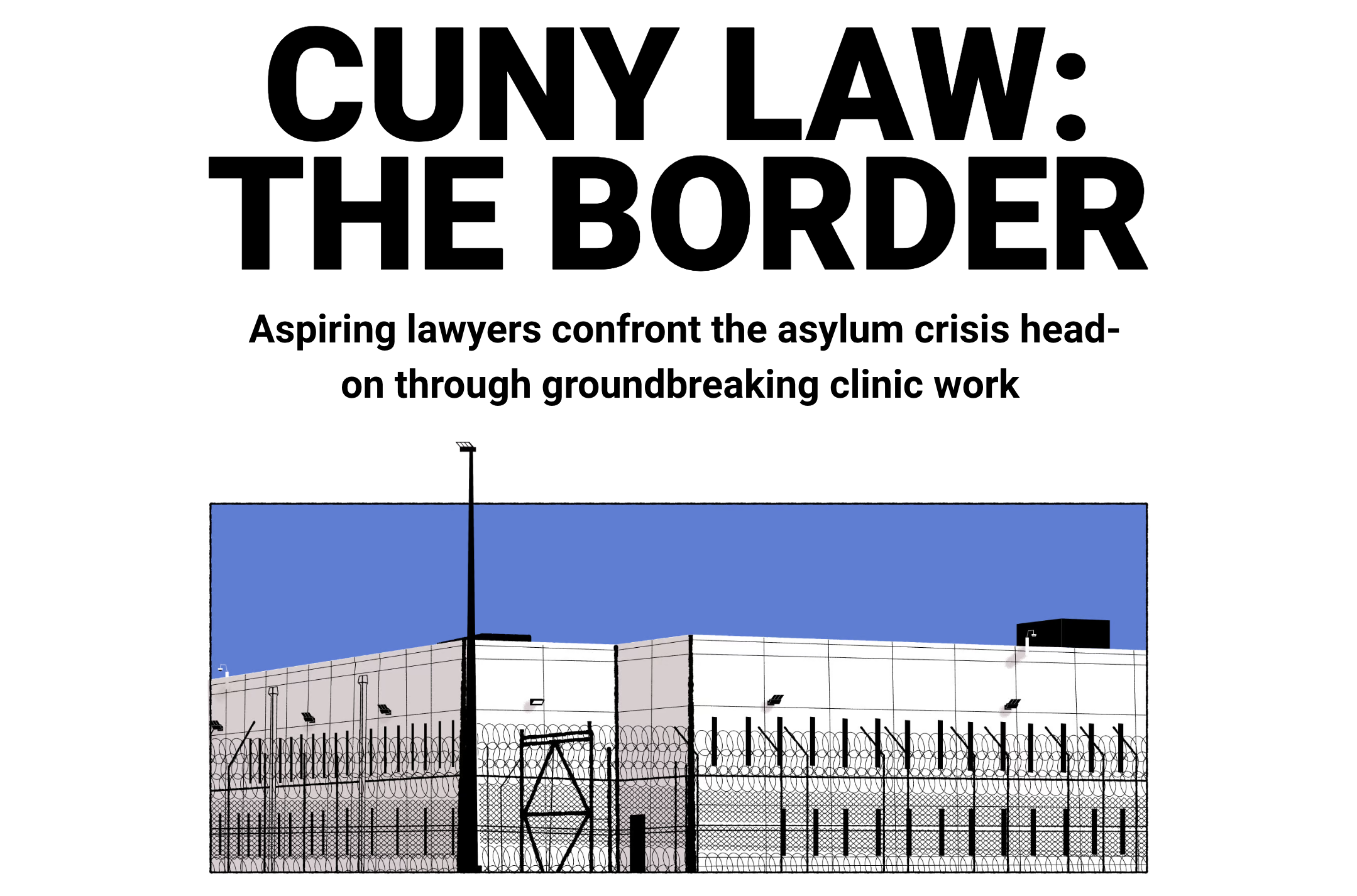The mission of the Immigrant & Non-Citizen Rights Clinic is to provide a platform for the exploration, development, and implementation of ideas and strategies to close the growing legal divide between citizens and non-citizens of the United States of America.
The clinic empowers the rising generation of social justice lawyers to confront the degradation of the rights of citizens and non-citizens alike under the guise of homeland security and public safety and motivated by oppressive and discriminatory forces. The Clinic’s objectives are carried out in our legal representations—where we press for progressive, humane and fair interpretations of the law on behalf of members of the most excluded, marginalized, and criminalized groups—as well as through policy and advocacy projects in partnership with community-based organizations.
The INRC was one of the first immigration law clinics in the nation and has a distinguished record of litigation and advocacy in support of communities and their organizations. It remains separate and apart from other clinics because it explores a multiplicity of facets to non-citizenship advocacy and maintains the belief that rights should not be bestowed or denied based on citizenship or geographic location; the U.S. government is the actor denying rights and using the law to deliberately and swiftly create harsh and unjust consequences such as detention and deportation. The INRC examines the problem historically because while these violations are heightened, they are not new.
 Go Inside the Clinic
Go Inside the Clinic
What You’ll Experience in INRC
Hear from four students on their experience representing detained clients, organizing to close a notorious detention center, and collaborating with national partners to shape emerging immigration policy.
Read the special digital feature
Report: Shut It Down! The 2021 Grassroots Movement to Abolish ICE Detention in New Jersey
Launched in November 2025, the report is intended for people who work inside immigrant communities, for organizers who are resisting detention expansion, for lawyers, journalists, researchers, and anyone who needs a concrete sense of how coordinated action can shift local and state institutions.
It came out of a multi-year collaboration between CUNY Law’s Immigrant and Non-Citizen Rights Clinic and the Abolish ICE NY–NJ Coalition and pulls together interviews, legal analysis, timelines, and firsthand accounts from people who organized inside detention centers and from those who mobilized outside them.
Resources for Undocumented and Immigrant Students and New Yorkers
INRC works with CUNY’s Office of Undocumented and Immigrant Student Programs and its campuses and partners throughout the city and nationwide to advocate for students and New Yorkers across varying and changing statuses such as, but not limited to, undocumented, DACA, asylum- seeking and granted, Temporary Protective Status (TPS), refugee, and those in mixed-status families.
NYC Property Access Law (AC § 4-210) Primer
Given the climate of aggressive immigration enforcement, it is critical that vulnerable communities understand their rights when accessing essential city services. The Immigrant and Non-Citizen Rights Clinic at CUNY School of Law* has created a two-page primer explaining one of New York City’s sanctuary provisions – NYC Administrative Code § 4-210, commonly referred to as “the city property law.” This law generally prohibits federal immigration enforcement from accessing non-public areas of “city property” without a judicial warrant. This resource provides important information detailing the rights of non-citizens in non-public areas of city property, including schools, public benefit centers, shelters, legal service offices, and other locations where individuals receive public services. Significantly, these protections extend to private property where public services are provided under city contract. This primer is currently only available in English (other languages forthcoming). Download the NYC Administrative Code § 4-210 Primer today.
* Many thanks to the INRC students Zoe Kline, Aileen LunaMinistro, Divya Mundackal and Jennifer Rubinshteyn and Professors Jackie Pearce and Talia Peleg for their many contributions to this project.
Challenging Gang Allegations Against Immigrant New Yorkers
Online Toolkit
We launched a web-based Toolkit to help challenge gang allegations against immigrant New Yorkers, particularly those who are subjected to aggressive enforcement efforts on Long Island. The Toolkit is a compilation of resources aimed at preventing and protecting against gang allegations, challenging and defending against gang allegations in immigration proceedings, and documenting the unreliability of gang allegations and aggressive police practices.
The Toolkit contains pro se materials, practice notes, sample documentation, template letters, and various compiled materials that can be used to assist individuals facing gang allegations in proceedings before immigration court, when submitting applications to USCIS, and in schools.

 Go Inside the Clinic
Go Inside the Clinic